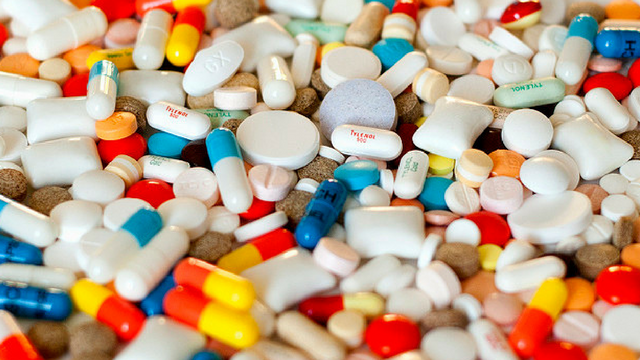 FLICKR, GATIS GRIBUSTSPharmaceutical giants Sanofi and Celgene kicked off the week with two major biotech acquisitions. On Monday (January 22), New Jersey-headquartered Celgene announced its $9-billion takeover of Juno Therapeutics, a company that develops experimental cancer therapies. At the same time, Paris-based Sanofi announced that it would buy hemophilia drugmaker Bioverativ for approximately $11.6 billion.
FLICKR, GATIS GRIBUSTSPharmaceutical giants Sanofi and Celgene kicked off the week with two major biotech acquisitions. On Monday (January 22), New Jersey-headquartered Celgene announced its $9-billion takeover of Juno Therapeutics, a company that develops experimental cancer therapies. At the same time, Paris-based Sanofi announced that it would buy hemophilia drugmaker Bioverativ for approximately $11.6 billion.
Celgene’s shares have dropped nearly 30 percent since October, due to slow sales of its psoriasis drug Otezla, an upcoming patent cliff for its multiple myeloma drug Revlimid, and the failure of an experimental drug for Crohn’s disease, according to Reuters. “Celgene is in a desperate situation,” Brad Loncar, chief executive of Loncar Investments, which operates Loncar Cancer Immunotherapy Index, tells Reuters. “Their revenue growth is running out of gas and they needed to fix this immediately.”
Celgene already owns around 10 percent of Juno, a drugmaker focused on developing chimeric antigen receptor T-cell (CAR-T) therapies, a cancer treatment that modifies patients’ blood cells to target tumors. Unlike its rivals Kite Pharma and Novartis, which already have FDA-approved CAR T-cell therapies, Juno’s drug has suffered ...















